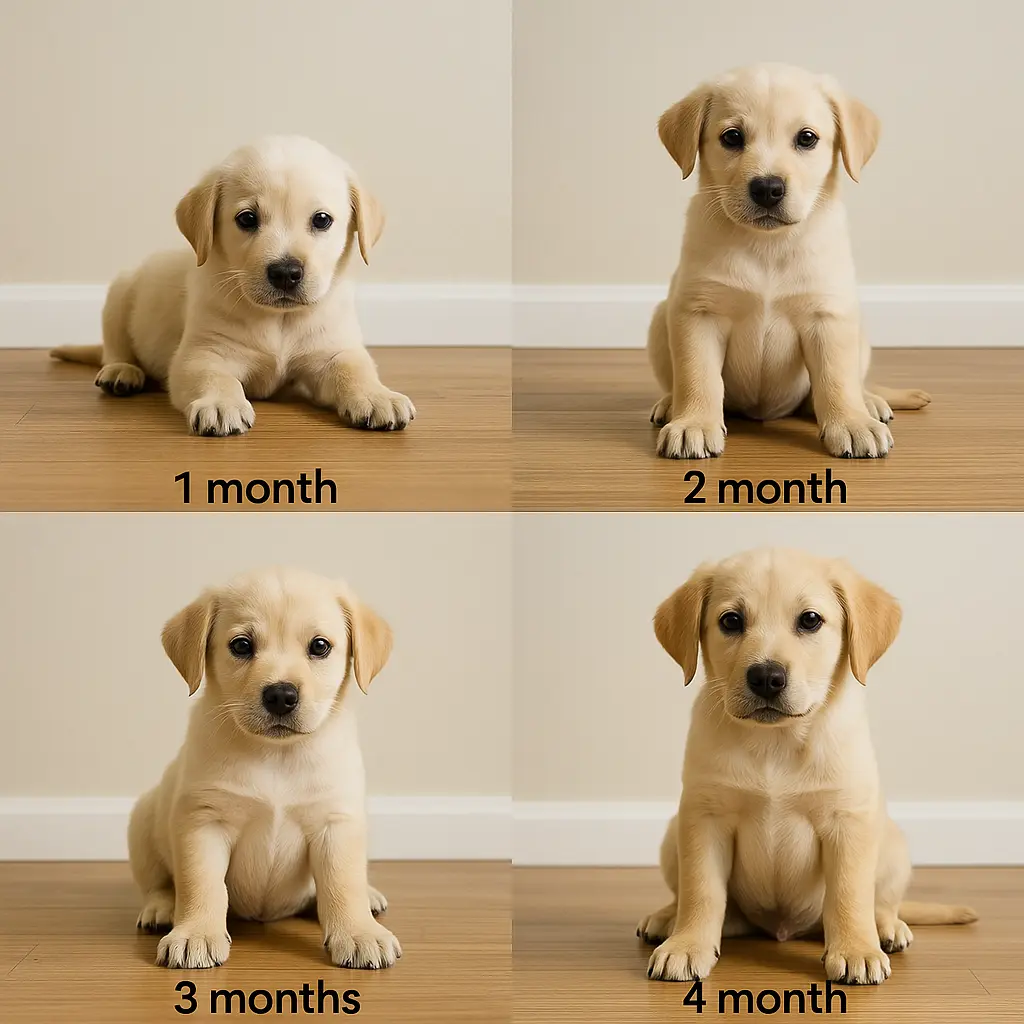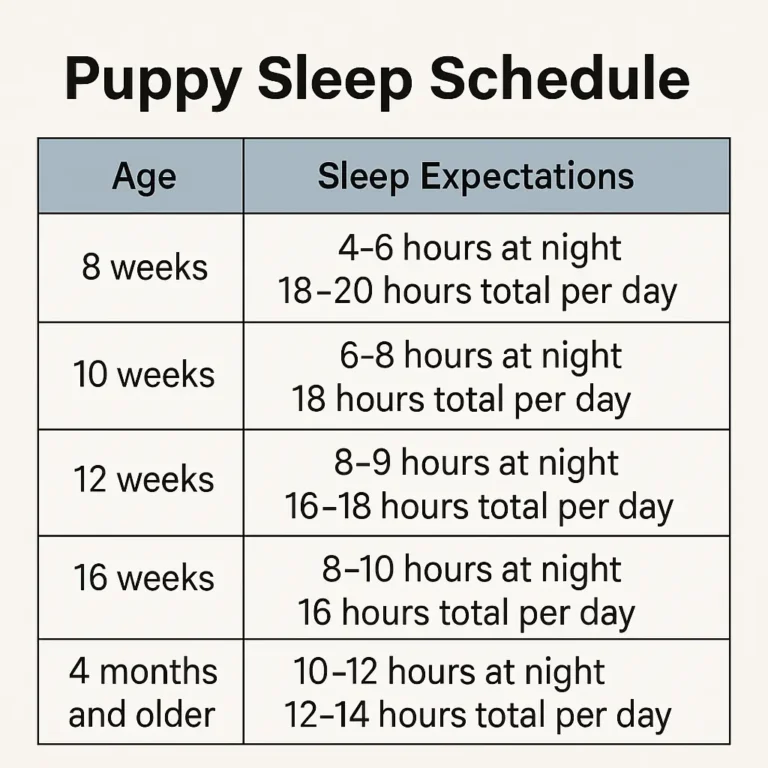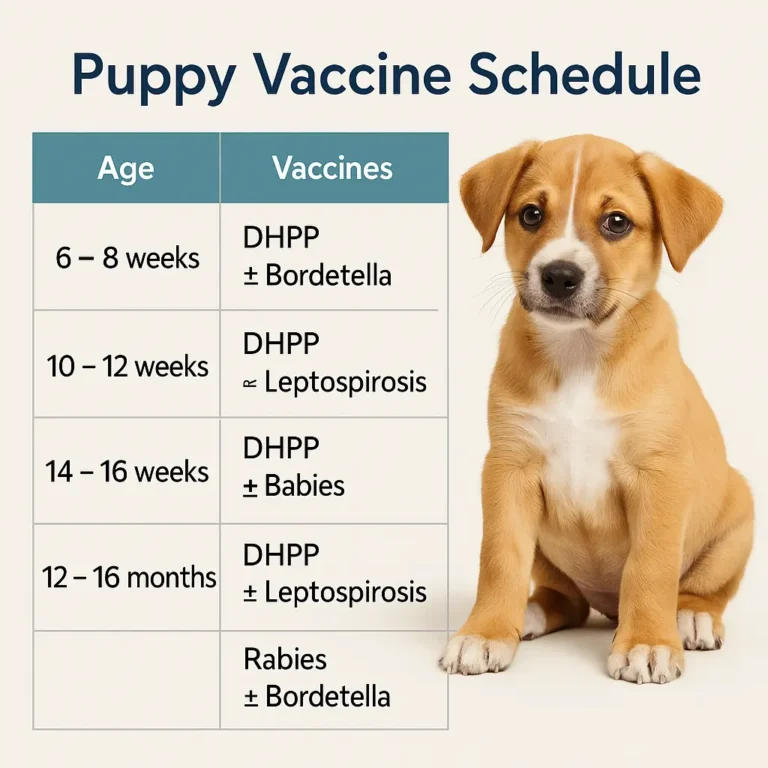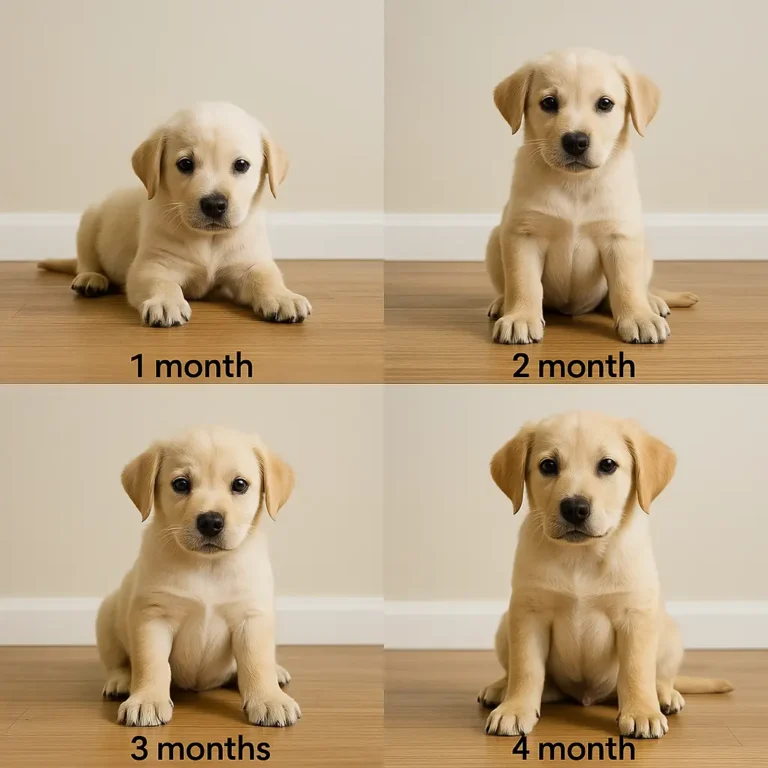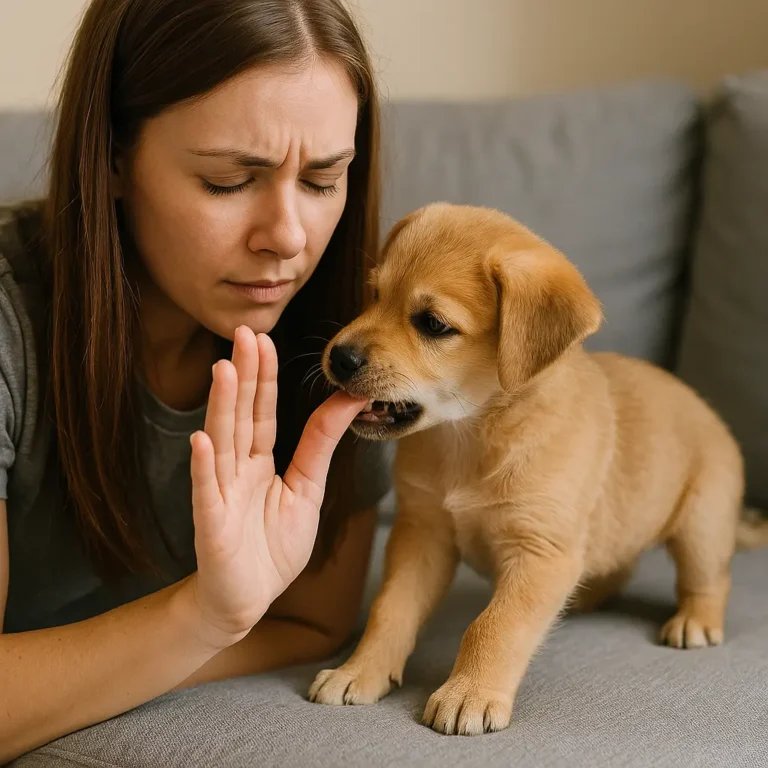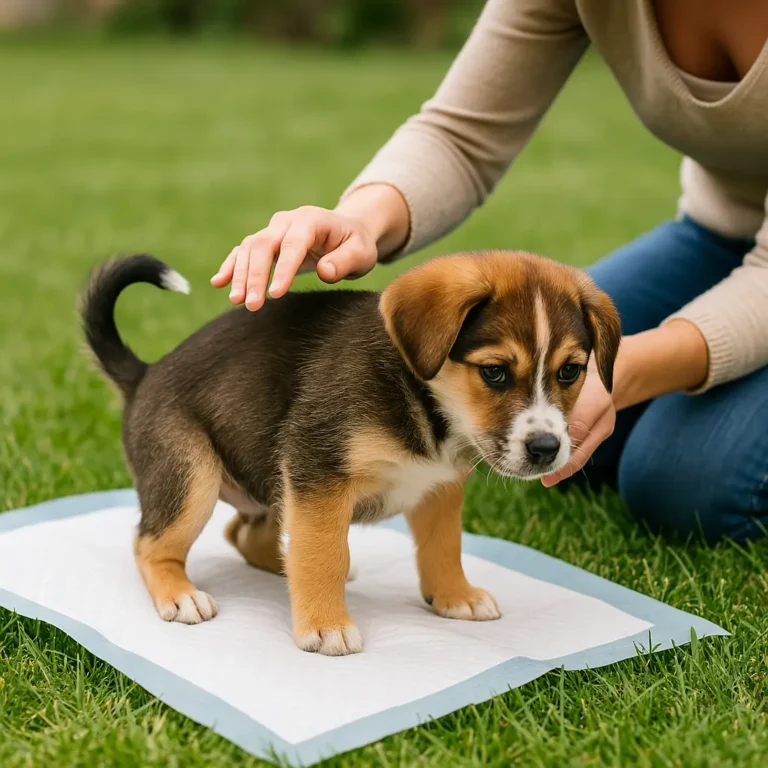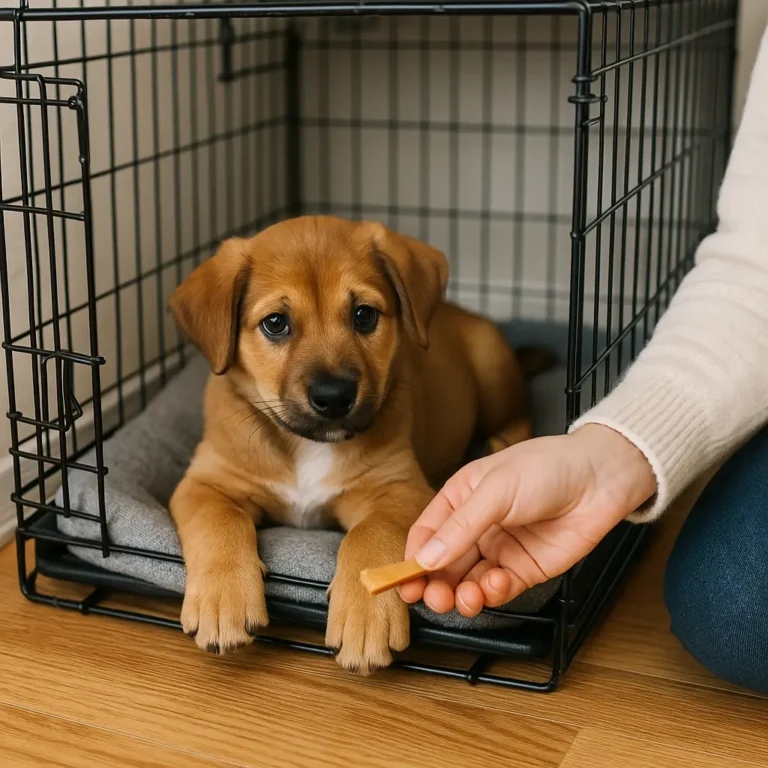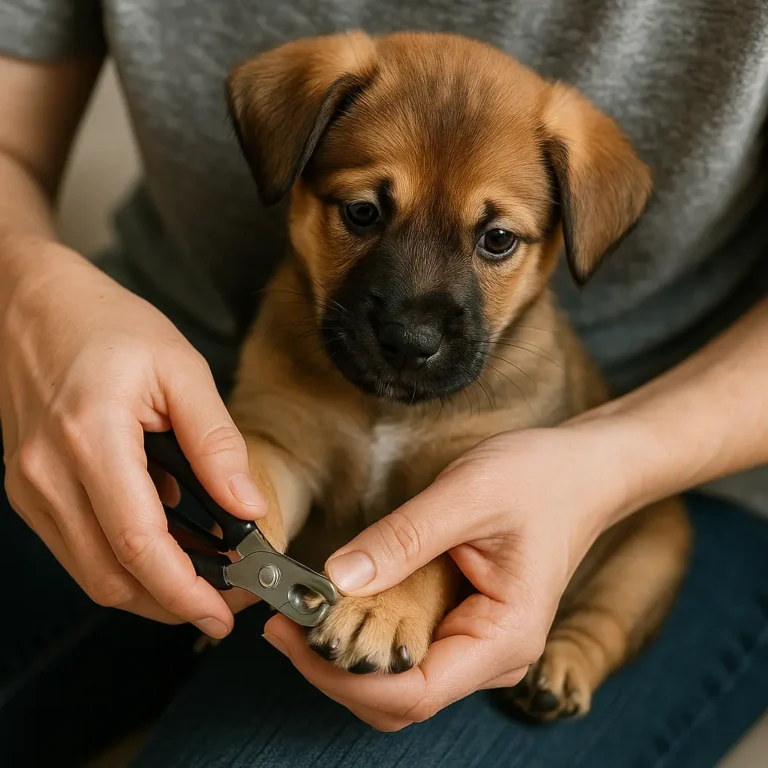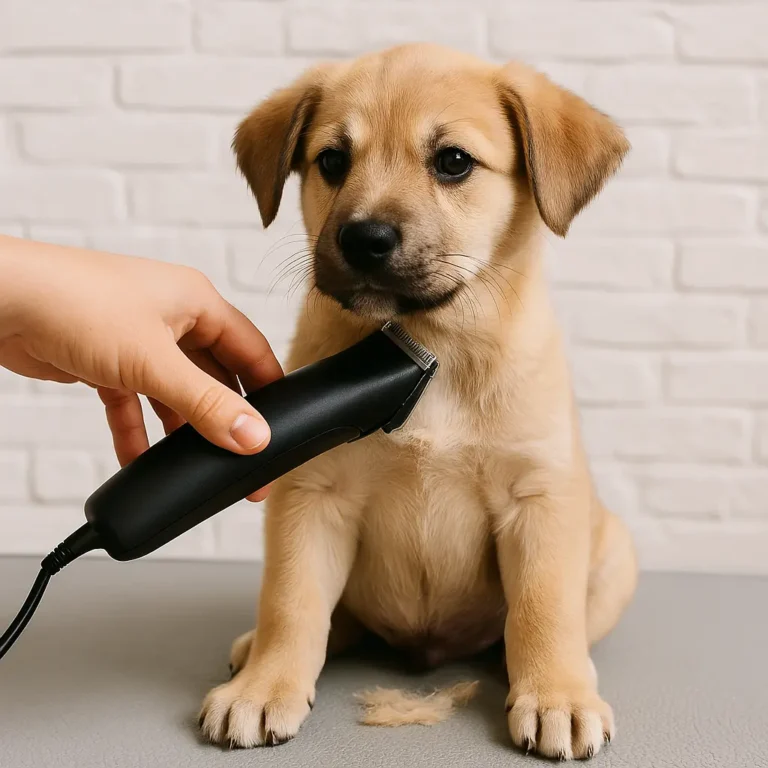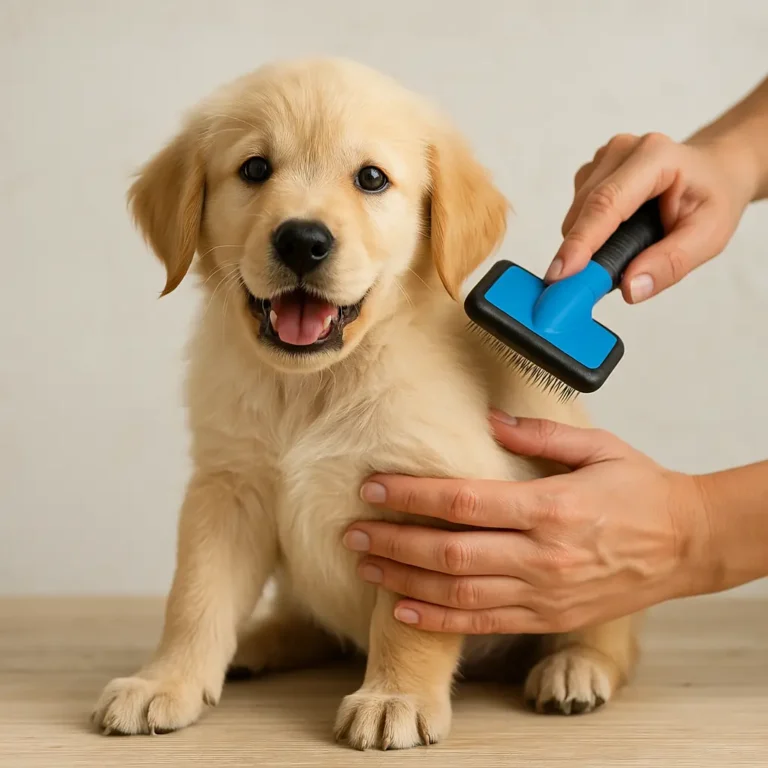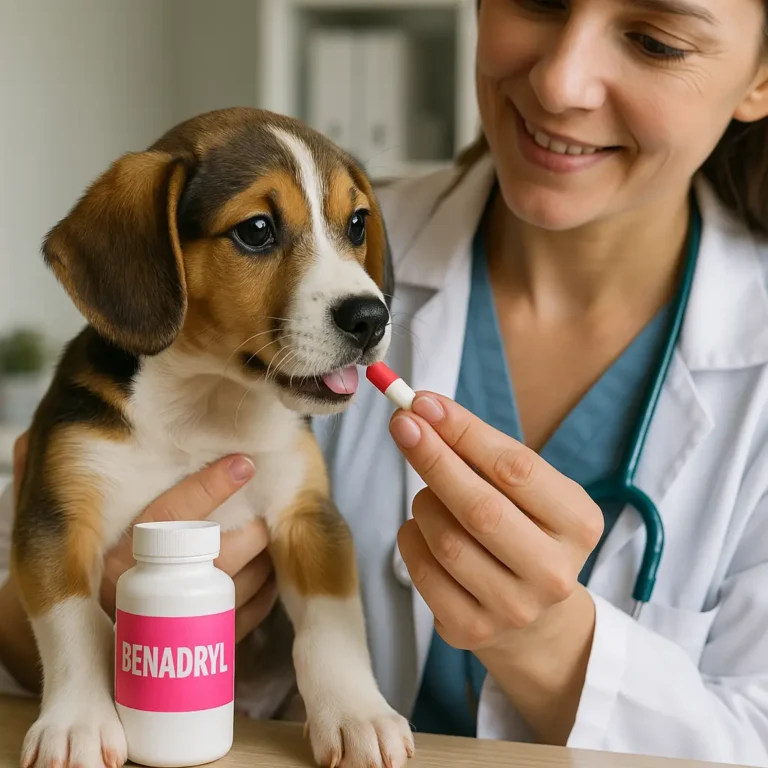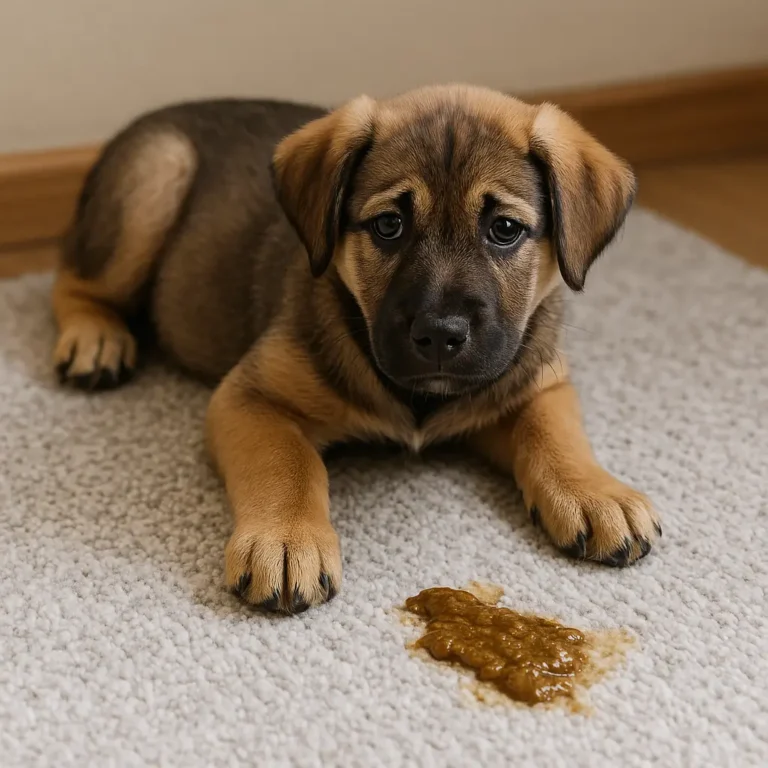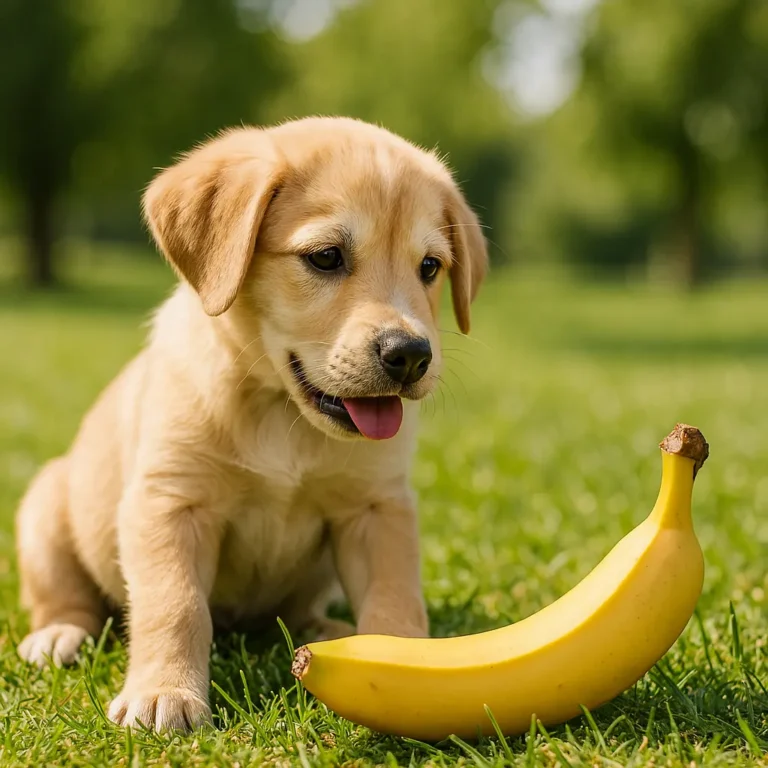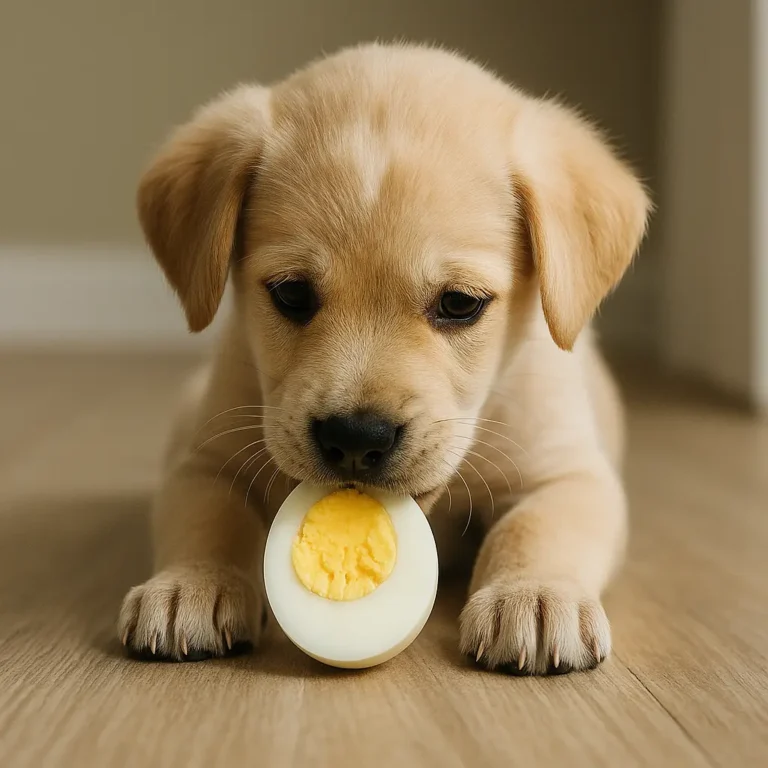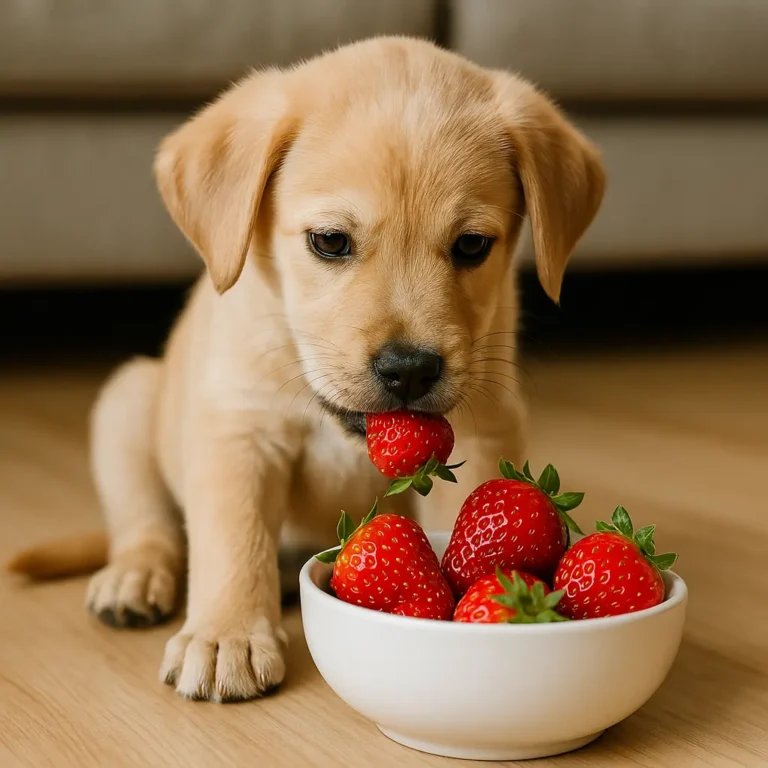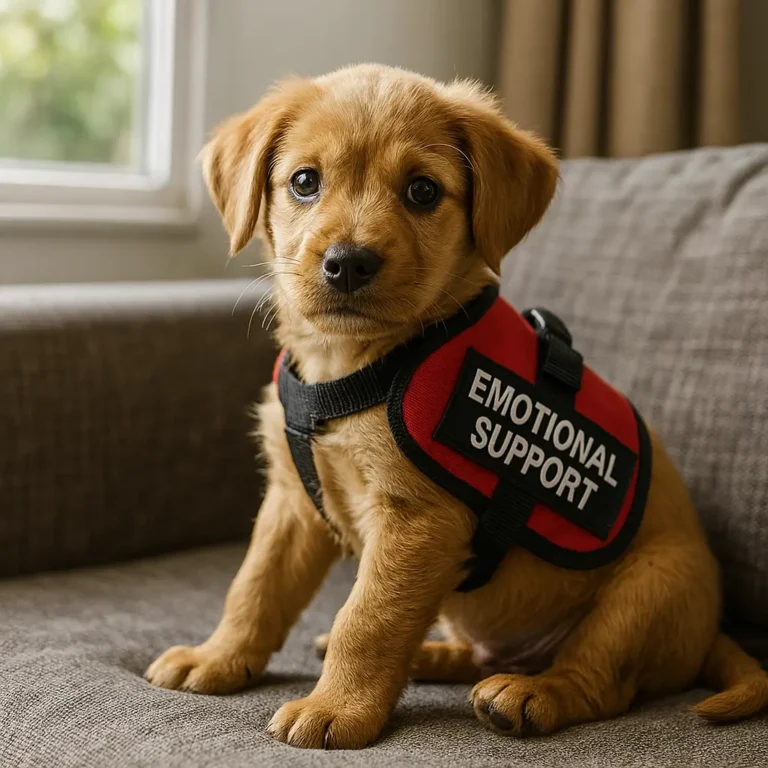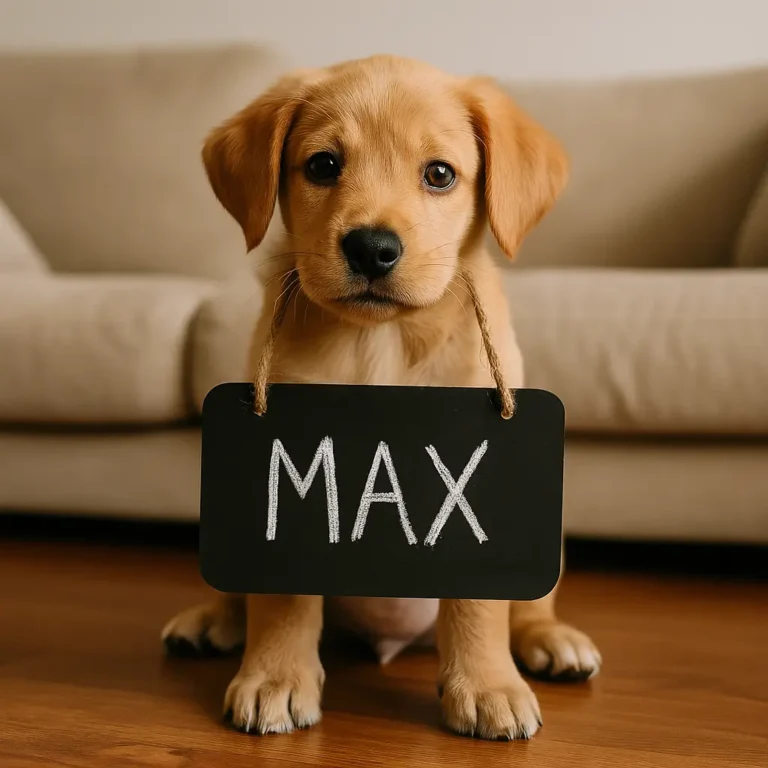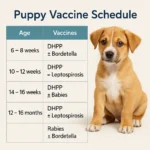From tiny paws to full-grown tail wags, every puppy grows at lightning speed. But understanding each puppy stage helps you care better, train smarter, and bond deeper. This guide walks you through all the critical puppy growth stages—from 4 weeks to 18 months—so you know exactly what’s normal and what to expect. Whether you’re asking “when does the puppy stage end?” or seeking a full puppy development timeline, this page covers it all. Let’s dive into the essential puppy stages by month, so you can give your furry friend the healthiest start possible. Buckle up—it’s going to be adorable.
🍼 Lots of Changes in Your Puppy’s Life: 4 to 8 Weeks
The 4 to 8-week stage is when puppy development truly begins to bloom. During this time, your puppy is still with their mother and littermates—learning valuable social and survival skills.
This is the stage where they transition from nursing to solid food. You’ll notice their senses sharpening—eyes are clearer, ears perk up, and they begin to explore the world. Their coordination is wobbly, but improving daily.
Puppies begin to learn boundaries from their mom and siblings. Biting too hard during play? Their littermate lets them know! This critical stage helps shape their behavior and social instincts for life.
It’s also a time when your breeder (or shelter) might begin potty training, crate conditioning, and gentle human handling. These moments help shape early trust and future ease in training.
Veterinarians typically recommend puppies stay with their mom until at least 8 weeks. Removing them too early can disrupt natural puppy development stages, leading to behavioral issues down the line.
If you're preparing to bring home your pup, know that you’re about to receive a puppy with a growing personality, ready for guidance and structure. This stage is all about bonding, basics, and baby steps.
😨 The “Fear Period” for Puppies: 8 to 12 Weeks
Welcome to the fear period—a surprising but normal part of the puppy development stages. From 8 to 12 weeks, puppies become extremely alert and sensitive to new experiences. Even something as harmless as a plastic bag or sudden noise might trigger fear.
Why does this happen? At this age, their brains are wired for caution. Evolutionarily, it's a survival mechanism to stay safe from unknown dangers. But in a modern home, it can result in shyness or anxiety if not managed with care.
Socialization is key during this stage. Gently expose your pup to new environments, people, and pets—but do it slowly and positively. Use treats, praise, and patience. Avoid forcing scary situations, as that can backfire.
This stage also overlaps with key puppy vaccinations, so be mindful of where and how you introduce new experiences.
House training, crate time, and short car rides are great during this window. It’s all about building confidence with support.
Many owners wonder when does the puppy stage end, especially during this tricky period—but fear not (pun intended). With love and structure, your puppy will emerge more resilient and ready for the next chapter.
Not all puppies grow up the same way. Breed size plays a huge role in puppy development.
Small breeds like Chihuahuas or Yorkies may reach adulthood as early as 9 months.
Medium breeds like Cocker Spaniels often mature by 12 months.
Large breeds such as Labradors take up to 18 months.
Giant breeds like Great Danes may grow until 24 months or longer.
While the general puppy stages by month apply across breeds, the timeline varies significantly. Always tailor your training, nutrition, and vet visits to your dog’s specific growth curve—not a one-size-fits-all chart.
🧠 Pre-Adolescence in Puppies: 12 to 24 Weeks
This stage (3 to 6 months) is often when owners start seeing big personality shifts. It’s the start of pre-adolescence—a time when your sweet, cuddly pup becomes more curious, stubborn, and energetic.
Teething is in full swing, which means chewing is constant. Make sure to offer durable toys and redirect chewing away from furniture or shoes.
Training should be a major focus here. Leash skills, sit, stay, come, and polite greetings are all crucial. Puppies at this age soak up information, but they also test boundaries—just like toddlers.
Your puppy may also begin asserting independence. They might ignore commands they previously followed or show selective hearing. Don’t worry—it’s part of the puppy development stages.
Socialization should continue during this phase. Group training classes are a great way to reinforce manners while exposing them to different dogs and people.
Naps start to decrease, and energy levels soar. Be ready for zoomies, playtime, and even some minor rebellion.
This period sets the tone for future behavior, so consistency is everything. Daily routines, firm boundaries, and lots of love will carry your pup through the chaos.
Grooming Tips
🐕 Welcome to Life With a Teenaged Dog: 6 to 12 Months
Say hello to the teenage phase—when puppy growth stages start resembling teenage angst. From 6 to 12 months, your pup may challenge everything: your patience, your furniture, and even your rules.
Hormonal changes kick in. If your puppy isn’t spayed or neutered, expect some new behaviors like marking, mounting, or restlessness. Training may regress temporarily—yes, even if you thought you had it all figured out.
This is also the stage where puppy development hits a new level. Your dog becomes more coordinated, confident, and energetic. Exercise is crucial now to burn off physical and mental energy.
Continue with consistent commands and practice good manners daily. Reinforce crate training and alone time to reduce separation anxiety.
Behavioral red flags, like resource guarding or aggression, should be addressed early—ideally with a professional trainer.
You might be wondering again: when does the puppy stage end? You're almost there. This phase is your last big hurdle.
Hang tight! By the end of this stage, most puppies settle into a more mature and trainable mindset. You’re raising an incredible companion—it just takes patience and a lot of treats.
Health Tips
🎉 Not a Puppy Anymore: 12 to 18 Months
Congratulations—you’ve nearly crossed the finish line! By 12 to 18 months, your dog is finally transitioning from puppyhood to adulthood.
So, when does the puppy stage end? This phase marks the shift. Mentally and physically, your dog starts to behave more like a mature canine. The high-energy chaos of early months begins to stabilize.
Most dogs at this age are easier to train, more focused, and calmer. While occasional zoomies and mischief still happen, the overall behavior is much more predictable.
That said, don’t stop training. Continue reinforcing good habits and commands. Consistency now ensures your dog becomes a polite adult rather than a wild one.
Nutrition matters too. Transition your pup from puppy food to adult dog food based on your vet’s advice. Large breeds may still need a growth formula until closer to two years.
Behavioral issues can still pop up—especially if early training was missed—but they’re easier to fix now than during the teenage months.
Celebrate this stage with new activities like longer hikes, puzzle games, or agility training. Your pup has grown into a loyal, loving companion—and you’ve officially survived the entire puppy development journey. Well done!
FAQ
When does the puppy stage end?
What are the key puppy development stages?
Do all puppies grow at the same rate?
What happens during the fear period?
Can I train my puppy during all stages?
When should I switch to adult dog food?
Why is my puppy regressing in behavior?
Do breed types affect growth stages?
Life Tips
Raise a Happy, Healthy Dog From Day One
Understanding the different puppy growth stages helps you become a more confident and caring dog parent. From the early 4-week snuggles to 18-month maturity, each phase has its joys and challenges. Whether you're tracking puppy stages by month or asking “when does the puppy stage end?”, this guide gives you clarity and support. Stay patient, train consistently, and enjoy the journey. Puppies don’t stay little forever—but every stage builds the foundation for a loyal, loving companion. Bookmark this page and come back often. Your pup will thank you—maybe with kisses, maybe with chewed slippers. Either way, it’s all love.

